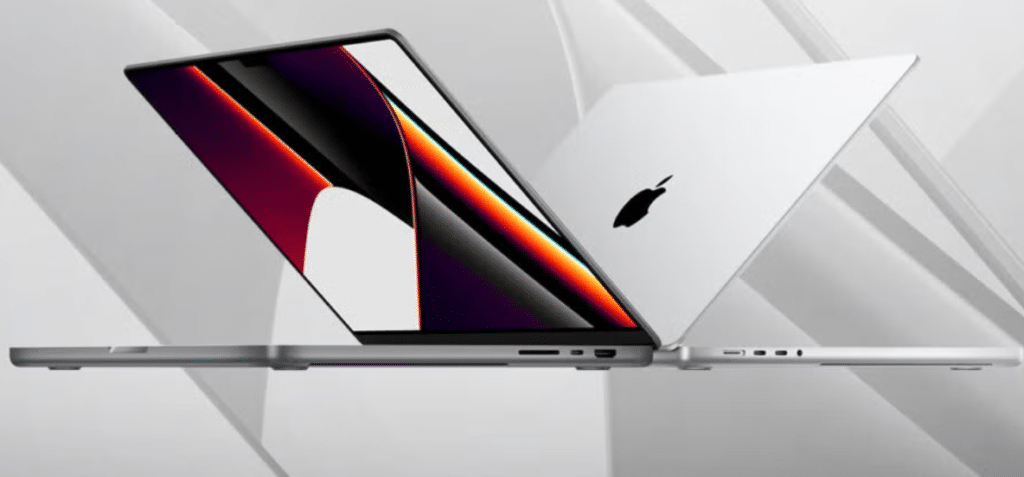When choosing a laptop, weight is often a key consideration, especially for those frequently on the move. Laptops vary widely in size, features, and components, all of which impact their overall weight. Whether you’re a student, professional, or gamer, understanding these differences can help you select the perfect laptop for your needs.

What Affects Laptop Weight?
Several factors influence a laptop’s weight:
- Screen Size: Larger displays often lead to heavier laptops due to the added weight of the screen and supporting hardware.
- Battery Size: Laptops with larger batteries tend to weigh more but provide longer battery life.
- Materials Used: Aluminum and carbon fiber make lightweight laptops, whereas plastic or other metals can add heft.
- Hardware Configuration: More powerful processors, graphics cards, and additional cooling components increase weight.
Average Laptop Weights by Category
Laptops are categorized based on their size, performance, and intended purpose. Here’s a detailed breakdown:
| Category | Dimensions | Weight Range | Description |
| Ultrabooks/Chromebooks | 9–13.5″ x 8–11″ x <1″ | 2–3 lbs (0.9–1.4 kg) | Lightweight laptops designed for everyday tasks like web browsing and document editing. Ideal for portability. |
| Ultraportable | 9–13″ x 8–9″ x 0.2–1.3″ | 2–5 lbs (0.9–2.3 kg) | Balances performance and portability, perfect for professionals and frequent travelers. |
| Thin and Light | 11–15″ x <11″ x 0.5–1.5″ | 3–6 lbs (1.4–2.7 kg) | Versatile laptops suited for a wide range of uses, from office work to multimedia consumption. |
| Desktop Replacement | >15″ x >11″ x 1–2″ | >4 lbs (1.8 kg and up) | High-performance laptops for demanding tasks like gaming or video editing, sacrificing portability. |
| Luggables | >18″ x >13″ x >1″ | >8 lbs (3.6 kg and up) | Extremely heavy laptops offering top-tier performance, rarely moved from one place to another. |
Comparing Weight Across Popular Brands
Here’s a comparison of average weights for some popular laptop brands:
| Brand | Lightest Model Weight | Heaviest Model Weight | Examples |
| Apple | 2.8 lbs (1.25 kg) | 4.3 lbs (1.95 kg) | MacBook Air, MacBook Pro |
| Dell | 2.6 lbs (1.18 kg) | 6.5 lbs (2.95 kg) | XPS 13, Alienware Series |
| HP | 2.2 lbs (1 kg) | 7 lbs (3.2 kg) | Spectre x360, Omen Series |
| Lenovo | 2.4 lbs (1.09 kg) | 5.3 lbs (2.4 kg) | ThinkPad X1, Legion Series |
Filling the Gaps: What Competitors Missed
- Real-World Examples: Mentioning specific models and their weights helps readers make informed comparisons.
- Use Cases: Highlight scenarios where weight matters most, such as traveling, student life, or gaming setups.
- Technological Advancements: Discuss newer materials like magnesium alloy or advanced battery tech reducing weight.
Why Weight Matters
The weight of a laptop directly affects its usability in certain scenarios:
- Travel: Lightweight laptops reduce strain during commutes or while flying.
- Ergonomics: A lighter laptop is easier to handle and reduces the likelihood of repetitive strain injuries.
- Performance: Heavier laptops may house more powerful components, suitable for high-performance tasks.
Actionable Tips for Choosing the Right Laptop Weigh
- Define Your Needs: Identify your primary use case—office work, gaming, or travel—and prioritize weight accordingly.
- Test in Person: Visit a store to feel the weight and ensure it’s manageable for you.
- Consider Accessories: Factor in the weight of chargers, carrying cases, and additional peripherals.
Conclusion
Laptop weight plays a crucial role in determining its portability and practicality. By understanding the factors influencing weight and comparing models across categories, you can choose a laptop that fits your lifestyle. Whether you prioritize mobility, power, or a balance of both, there’s a laptop out there for you. Use this guide to make an informed decision tailored to your specific needs.

